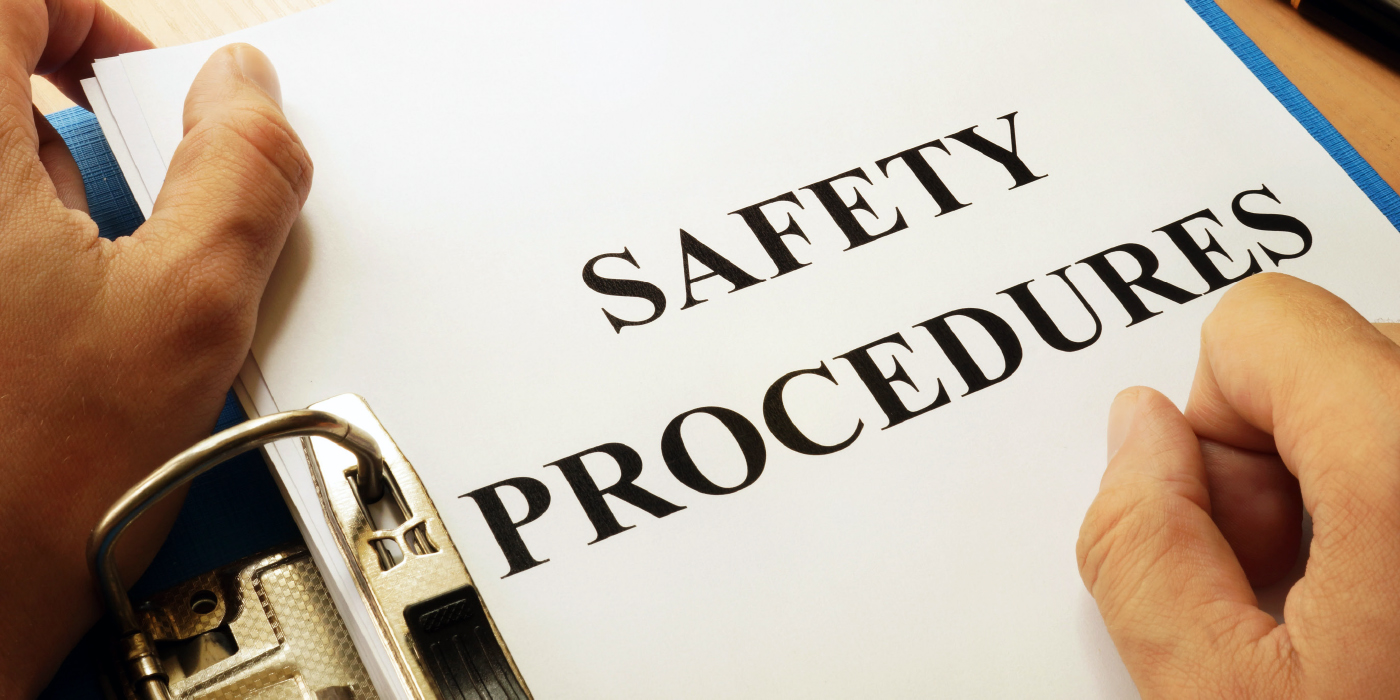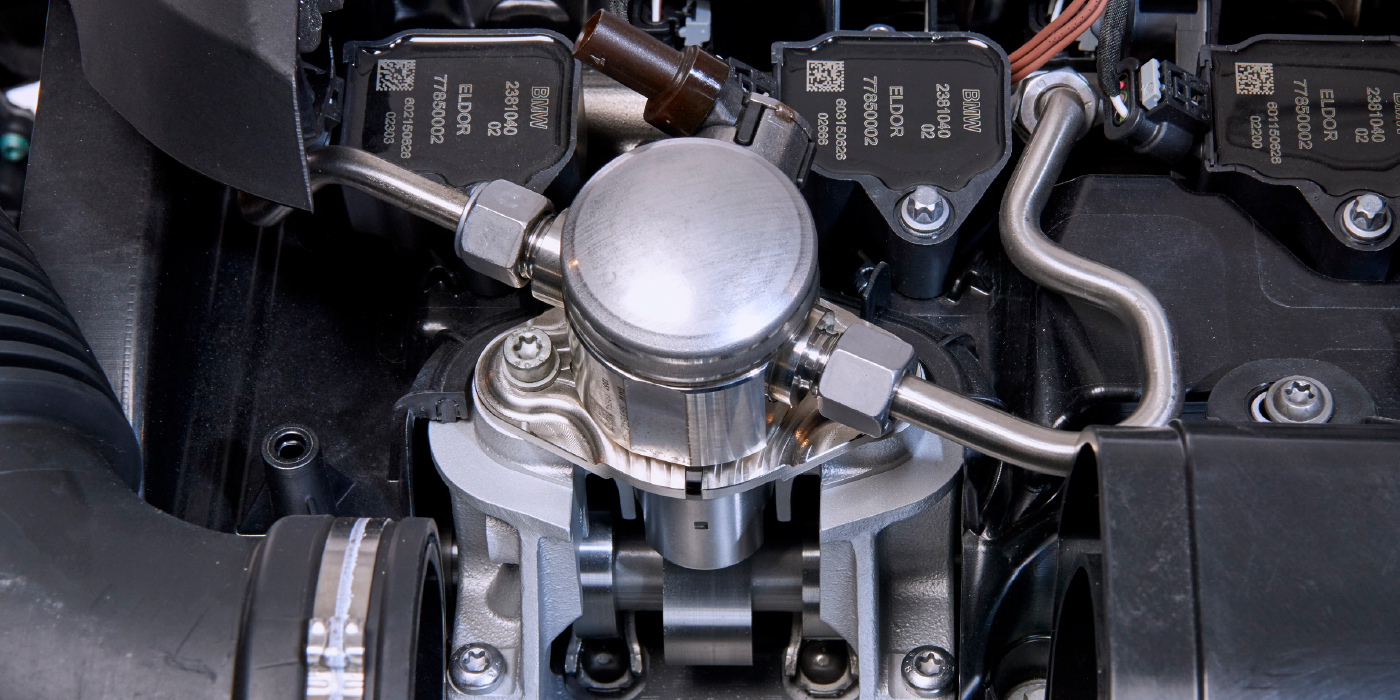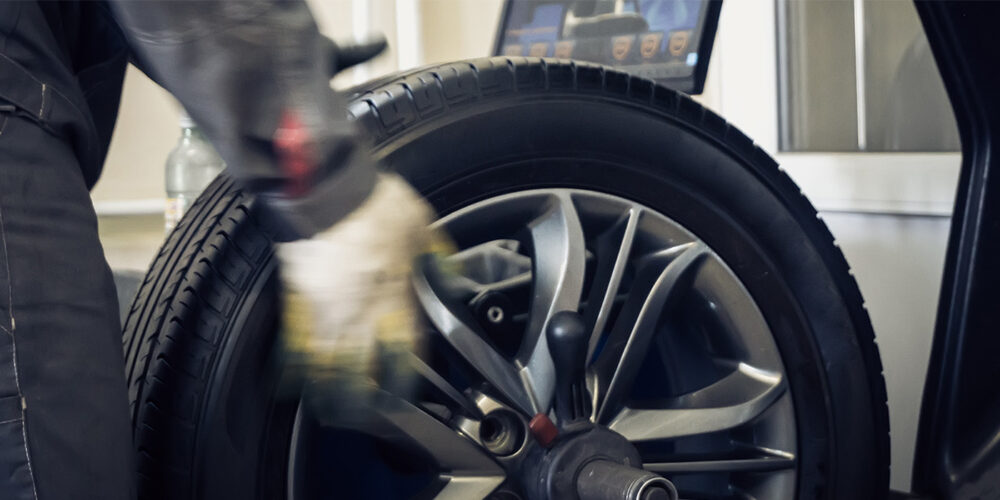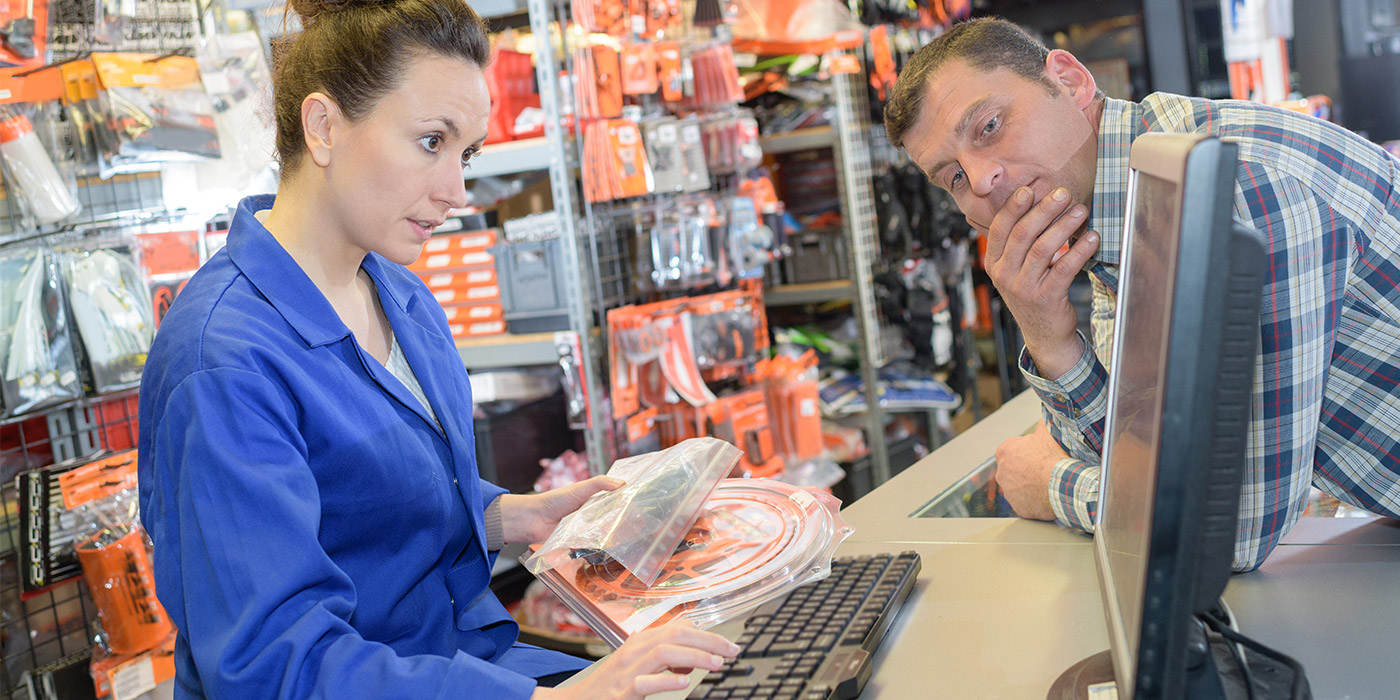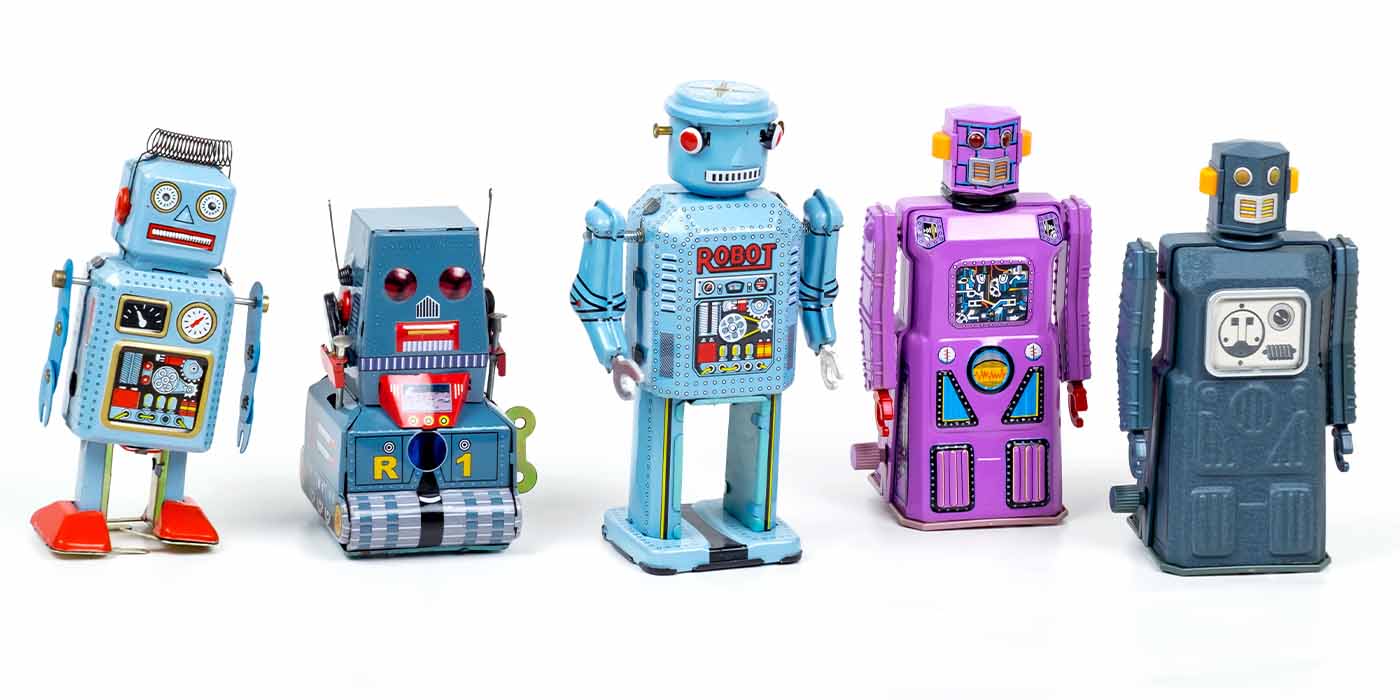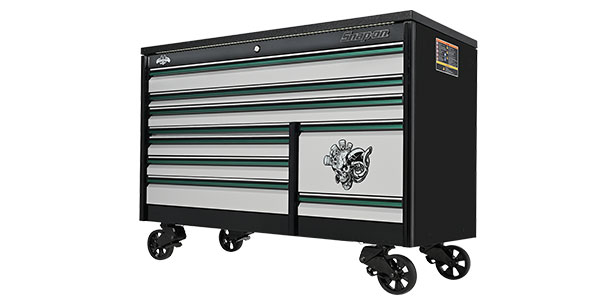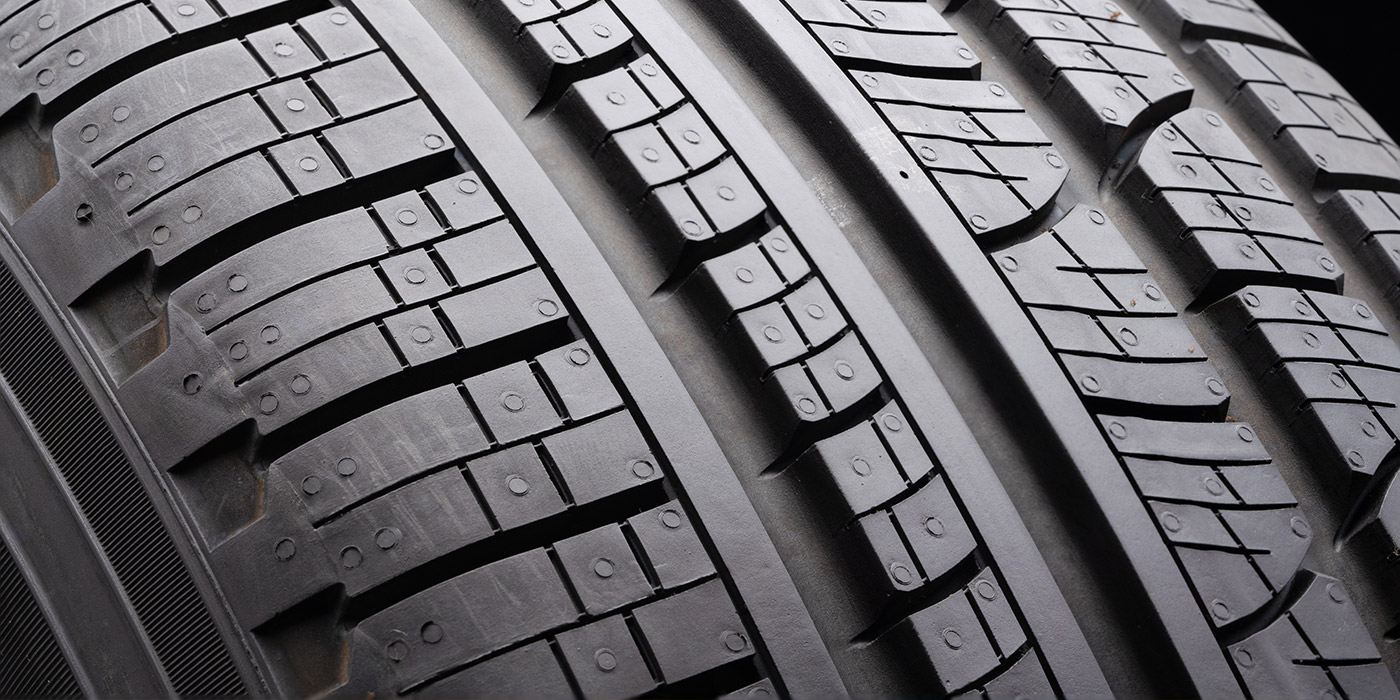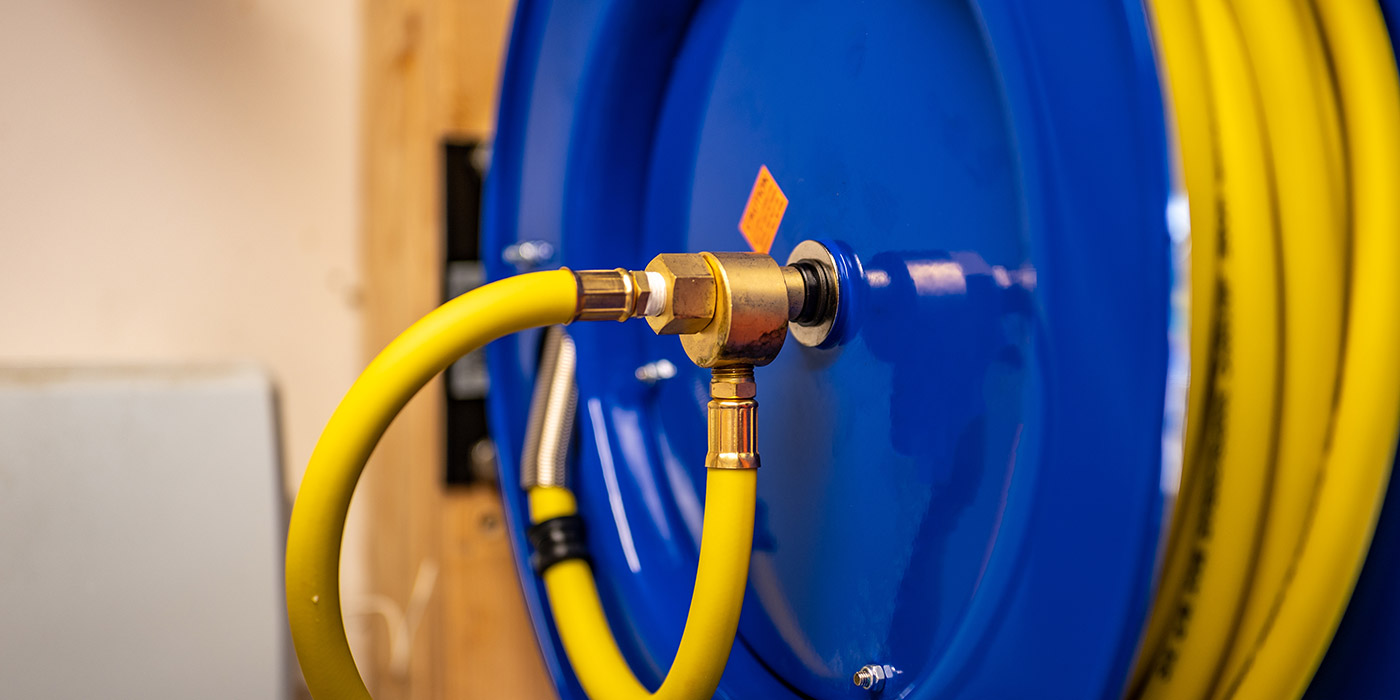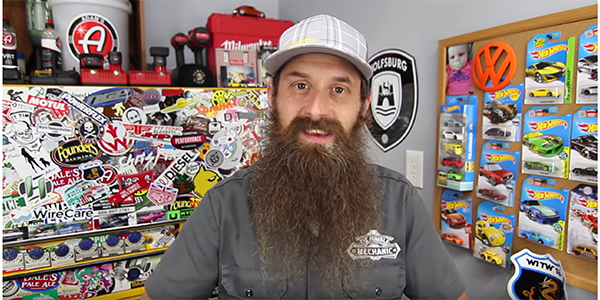
As you know, most aftermarket technicians in the U.S. supply their own toolboxes and tools, at least when it comes to things like sockets, screwdrivers, hammers, basic power tools, and a couple of specialty tools. Then, of course, the shop supplies the big stuff such as lifts, diagnostic equipment and most specialty tools. At a dealership, the dealer is most likely supplying all the specialty tools, flush equipment, A/C machines, brake fluid service machines and things like that and, of course, they’re required to provide personal protective equipment.
So I ask you as a technician, should we have to buy our own tools? In a lot of ways, I actually think us supplying our own tools is a pretty good thing. There are some cons, of course, but when we supply our own tools, it allows us the freedom to buy whatever tool we want as long as it works. It doesn’t have to work for everybody. It only has to work for you. Tools, like so many other things, are kind of personal and everybody has their own preferences.
Something that works awesome for me may not work for 87 percent of the rest of you, but it doesn’t really matter because it works for me. In addition to being able to buy whatever you want and use whatever you want, if you need to, you can load your tools up and take them home. I can’t tell you how many times I’ve brought my own tools from the shop home to do either a little bit of side work or work on my own stuff at the house. What happens even more often is that I’m doing home repair projects and I use my tools for those too.
When they’re your own tools, you don’t need to ask anyone’s permission (except maybe your bank account or significant other!). You don’t have to wait for the boss to sign off on a request and then order the tool for you, which takes forever. You just go get it and use it.
They say toolboxes have wheels for a reason, so if the place you’re working isn’t working out, you just lock your box up and you roll or tow it to somewhere new.
I would say that the biggest negative of us having to buy our own tools is that it’s expensive. You’ve got to spend a lot of money, right? None of this stuff is cheap, so we need to make smart tool-buying decisions. We don’t need to jump on the tool truck and rack up a $10,000 bill and pay $75 a week for the next 150 million years. We can buy tools much smarter today than we’ve ever been able to.
Let’s consider what would happen if the shop did supply the tools. Where is that money coming from? It’s probably going to come out of your technician compensation. Maybe you’re going to make a couple dollars less an hour. Maybe you’re not going to get as many paid vacation days. I don’t know, but that’s another expense that the shop is incurring, so they’re going to take that out on either you or the customer in some way.
Also consider the specialty tool situation at your shop — especially those of you who work with 10 or 12 technicians. When I worked at the dealership, we had cabinets for specialty tools that all had a spot in a drawer with a marking noting what is in it. When you open that drawer, there’s a little picture of the tool in the spot where it goes. So it really couldn’t have gotten easier unless you had somebody running, putting the tool back for you.
Even as easy as that should have been, a lot of times the specialty tools didn’t get put back, got lost, stolen or broken or were tossed aside and nobody said anything. The next guy who needed it would spend an hour looking only to find the broken tool and nobody ordered a new one. If the shop supplies the tools, then it kind of feels like all the tools become part of a community pool with no one responsible for upkeep and reorders.
While I like owning my own tools — I like them to be mine and I can do whatever I want with them … if I find a new one, I don’t have to get the boss’s permission to buy it, I just buy it — you could easily make a case to me, that since you’re working for someone else, it’s their responsibility to give you the tools to do your job.
But what happens when you leave? Let’s say the place isn’t awesome or you get another opportunity or you move. Well, now you don’t have any of those tools to take with you, so you’re starting from scratch. Hopefully you’re making more money than you did in your first year of wrenching on cars, but that’s something to consider when it comes to buying tools.
Probably one of the top three or four stress points for new technicians coming into the field is “how am I going to go about getting all these thousands and thousands of dollars worth of tools when I’m making 12 bucks an hour?” (not to mention how challenging the first year can be).
That’s why I always recommend to buy tools smart. You don’t need to just spend $10,000 on tools like that. Spend it slow, spend it smart, buy only what you need when you’re a new technician. When I was at the dealership, we were actually looking into ways to provide a box full of tools for new technicians that they would lease. As long as they were working at the shop, they would pay toward it and when they reached a certain year point, the box would be paid off and it would be theirs. If they left before that, well then they were just essentially renting the tools from us and we would keep them and pass the offer to the next guy.
We ran into a lot of tax implications because technically that’s considered a benefit. We worked really hard to get that for new techs, but it got shot down by the corporate office because there was too much red tape. But if shops can figure out how to make that work, I think it would be a huge advantage to new technicians coming in, not having to worry about finding all the right tools when they’re already provided for them.
Another possibility is that shops can always consider doing a tool voucher or a tool allowance. Doing a little bit of research, I saw a lot of people complaining, “hey, my shop doesn’t provide any kind of tool allowance.” Well, did you ask for it? That can be a great negotiating tactic to ask for a monthly, weekly or annual tool allowance. When you’re starting to leverage your position and get another job at a different shop, maybe that’s something you ask for before accepting the job.
So overall, while it’s really expensive, I think the freedom of owning your own stuff definitely outweighs the fact that you had to spend a bunch of money. The long-term benefit is so much better. They belong to you. You can do what you want with them. You can buy, sell, trade, whatever you want. You can buy the best quality or the cheapest.
So what do you think? Is it a good thing that techs supply their own tools and can do whatever they want with them? Or do you think that that’s something shop owners should supply for their technicians?
Think about office jobs. Pretty much everything is supplied for office employees. I haven’t heard of many people with office jobs who had to bring their own desk, computer or pens.
I’d love to hear your thoughts. Post your comments below the video at https://bit.ly/2JKlkcY. Check out the other great comments from viewers as well. TS


